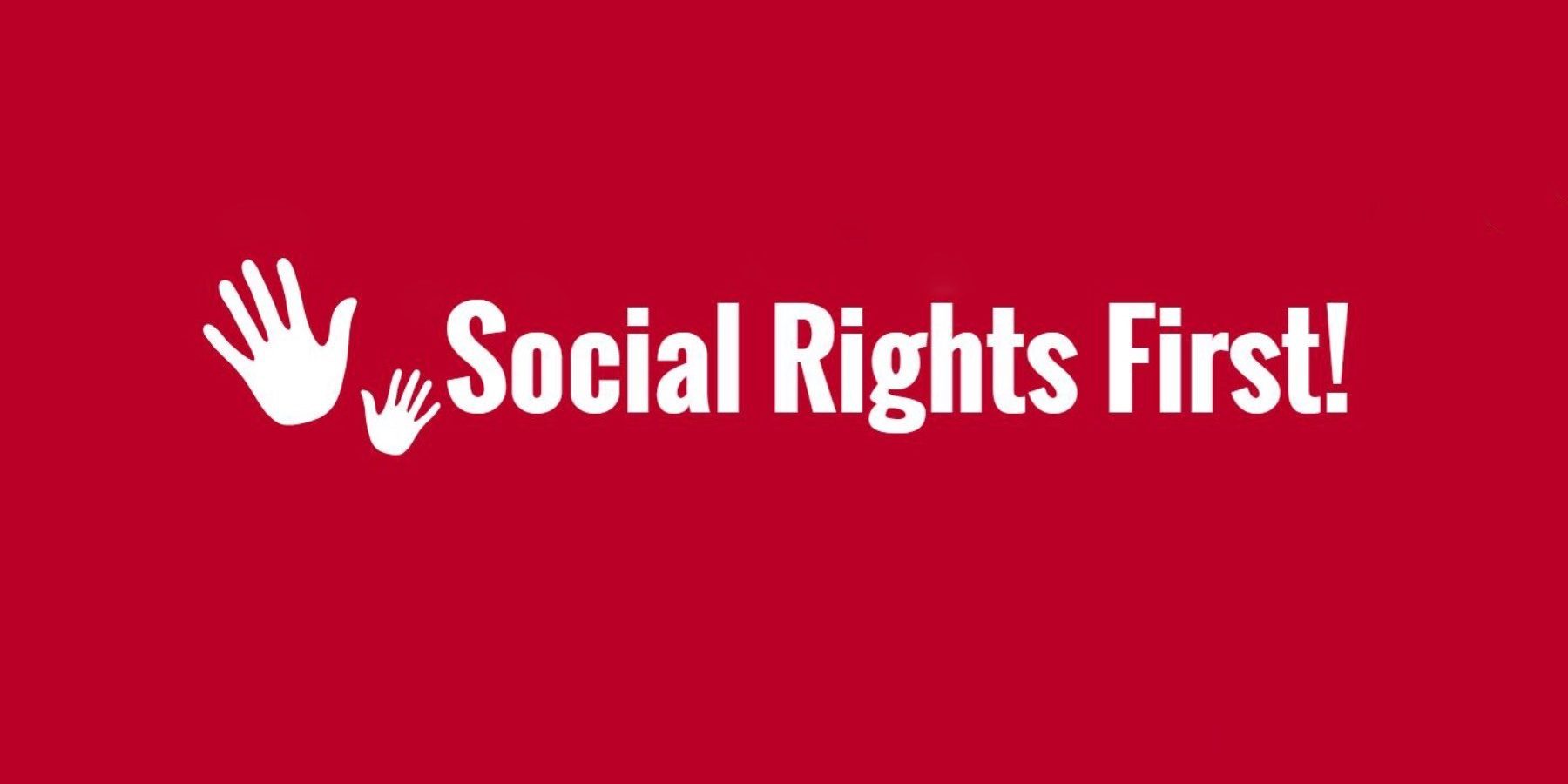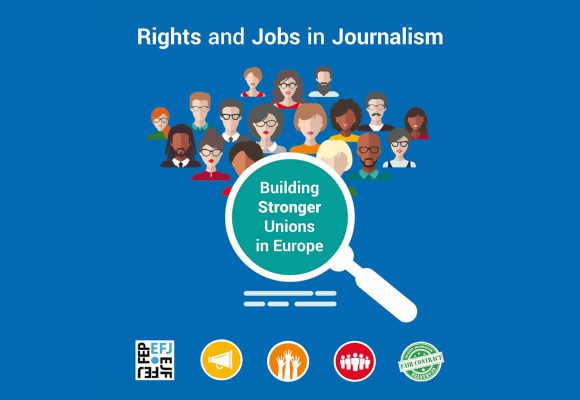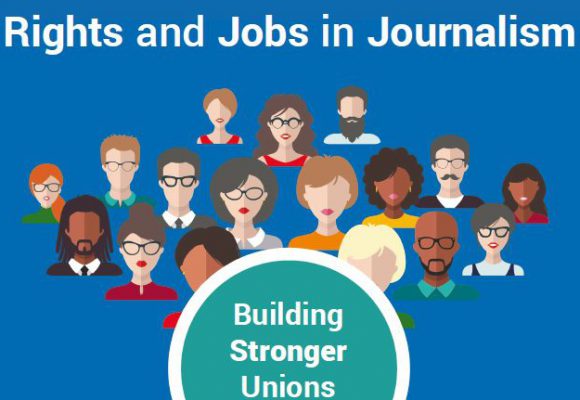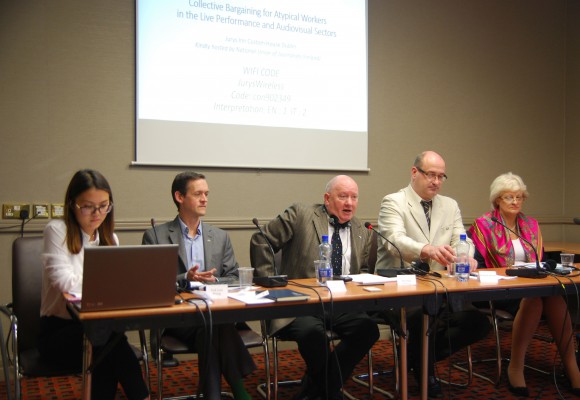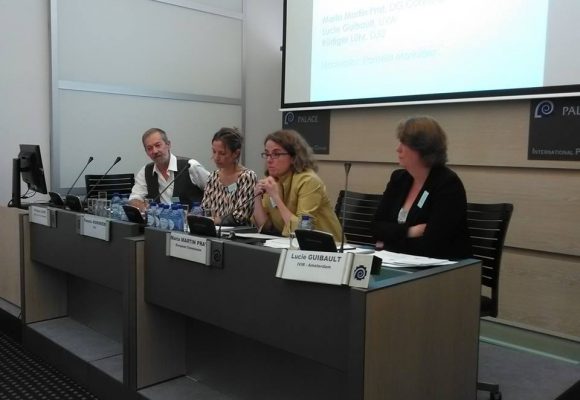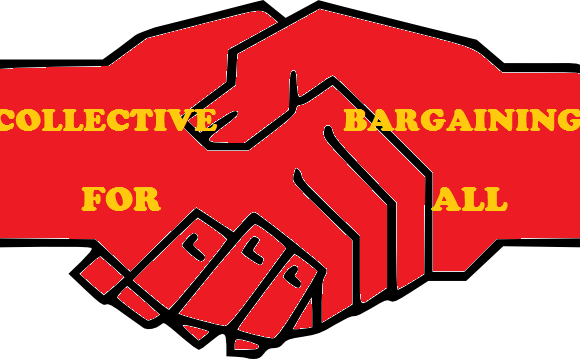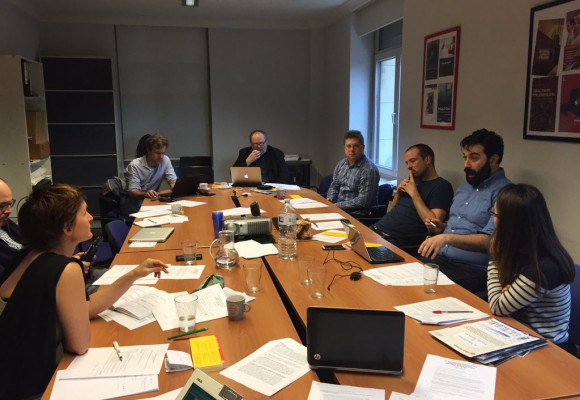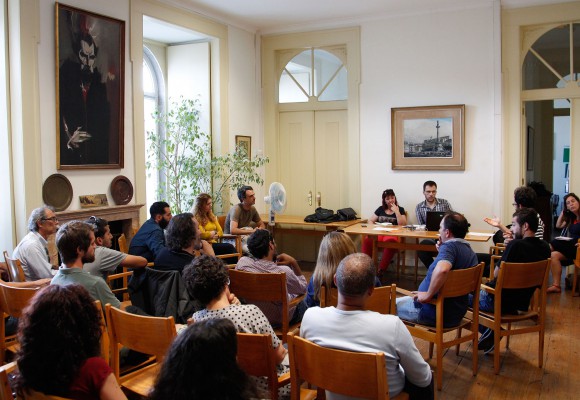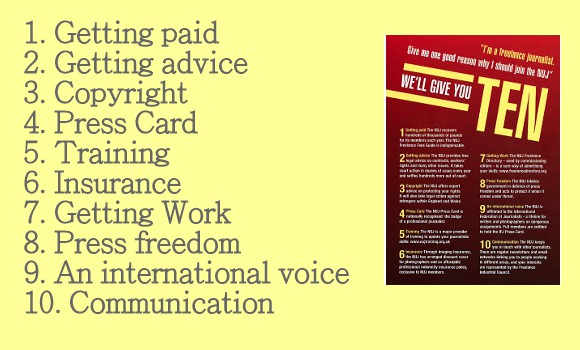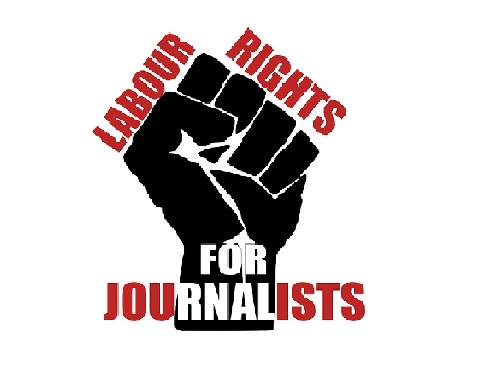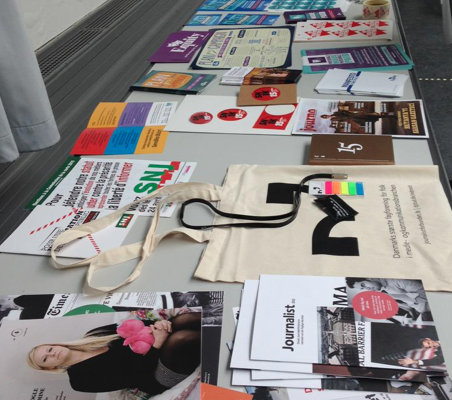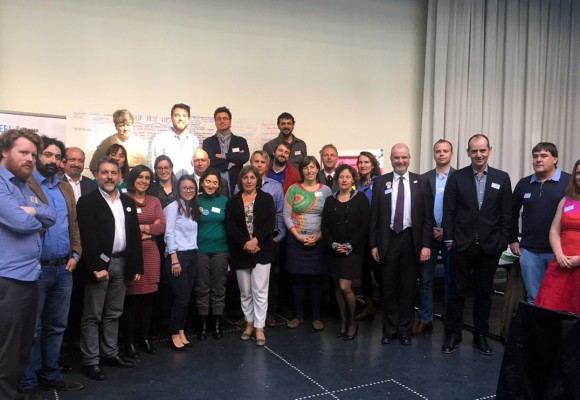EFJ contributes to European Commission social pillar consultation
On 31st December 2016 the consultation of the European Commission on the European pillar of social rights ended. The EFJ has submitted its response focusing on the need for equal treatment for all workers independent of their employment contract. The consultation of the Commission follows a process of the European Commission that took off following the State of the Union speech of President Juncker in 2015. The public consultation contains a series of questions on the social situation and EU social “acquis”, the future of work and welfare systems and the European Pillar of Social Rights. The most pressing priorities as defined the…

